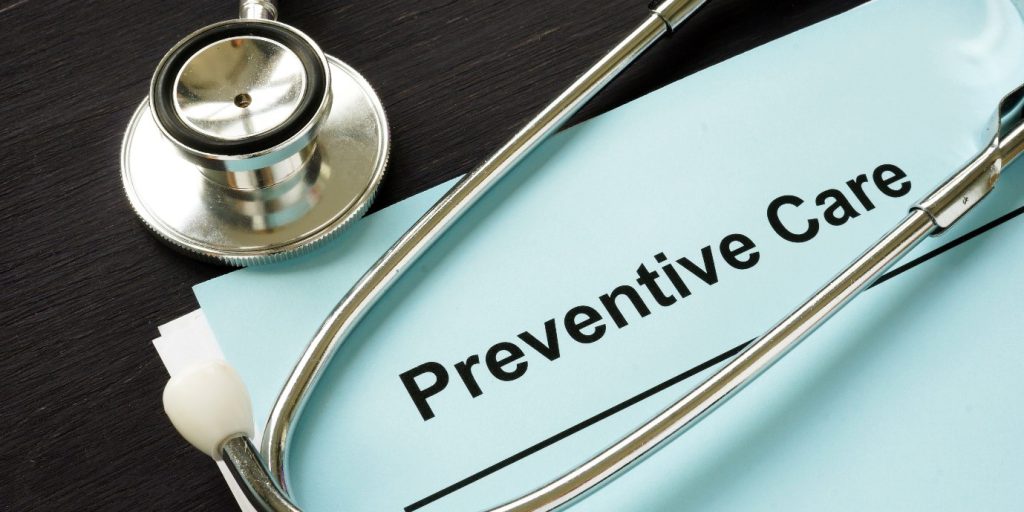With January, we welcome a time to take stock of your healthcare cover and try and get the best out of your medical aid scheme. Whether you are new to medical aid or simply seeking relief from the limitations of your current plan, understanding what your plan is for and how best to utilise it will help reduce costs and achieve better health results all year round. In this blog, we will take you through the key things that will help you get the most out of your medical aid plan benefits in 2025. The comparison tool CheckMed will also help you understand your current plan and other available plans in the market.
Do You Know What Your Plan Covers?
The first step in attaining maximum medical aid benefits is to understand what your medical aid plan entails. Most of the members tend to miss out on some benefits just because they do not know about them. There are important aspects to check:
- Routine Check-ups: Most of the plans include annual wellness visits, which can serve as a measure to screen for health issues early.
- Specialist Visits: Check if your health plan provides specialist visits if you need them.
- Preventative Care Benefits: Most of the schemes will pay for screening examinations, flu shots, and immunisations.
- Chronic Benefits: For chronic illness cases, ensure that your plan includes the drugs and interventions required.
- Hospital Benefits: Find out what hospitalisation benefits are provided in your plan and also try to find out if there are any upper limits or co-payments.

In case you feel that your current plan is not sufficient to meet your medical needs, go ahead and use the free comparison tool at CheckMed to compare your cover with others. This tool enables you to evaluate and contrast the various plans available in the market in order to settle for the one that applies best to your health status, lifestyle and finances.
Do You Know About Your Preventative Care Benefits?
One of the most useful, yet commonly overlooked, aspects of medical aid plans is the preventive healthcare benefits. These services are meant to promote well-being and reduce the likelihood of any serious health conditions, by identifying and treating problems before they develop fully.
Benefits associated with preventative care encompass:
- Screenings: Mammograms, pap smears, cholesterol checks, and more.
- Vaccinations: Flu shots, COVID-19 vaccines, and travel vaccines.
- Wellness Programs: Some plans, like Bonitas’ benefit booster or Discovery’s Wealth Fund, offer additional rewards for maintaining good health through regular screenings and wellness check-ins.
Utilising these benefits can improve your health as well as give you eligibility for various rewards and discounts. Don’t forget that some plans provide limited cover for preventive care services, so it is advisable to evaluate different plans in order to get one that meets your health requirements perfectly.
Visit CheckMed and use the free comparison to find out which plans give the best preventative care benefits in 2025.

The Importance of Staying Within Your Network of DSPs
The majority of medical aid benefits use a designated service provider (DSP) model. These are the medical facilities or providers such as doctors, specialists, hospitals and pharmacies that are contracted by your medical aid. It is very important to adhere to this network in order to avoid any out-of-pocket expenses that may be unplanned.
For example, most medical aids will request you to choose a GP who will be your Primary Health Care Provider. You may receive co-payments or additional fees if you access services outside the designated network. Understanding where the closest DSP facilities, including a hospital, general practitioner, dentist, and even pharmacy, is located can help in reducing costs throughout the year.
Planning to Bring a New Family Member Into the World? Plan Ahead

Adding to the family in 2025? Then it is important to ensure that your medical aid plan includes maternity cover. Do not however forget the terms and conditions, especially if you are already expectant – many medical aids operate on a 12-months maternity waiting period.
To maximise the maternity benefits you receive, consider these factors:
- Pre- and Post-Natal Care: Check whether your plan includes medical consultations, scans and any other pregnancy-related tests, if any, through the course of your pregnancy.
- Maternity Benefits: Find out about hospital services, expenses related to the delivery and other options covered by the plan like prenatal education, or care services after the delivery.
- Co-payments and Excess Fees: Check if there other limits above which your medical scheme will not pay which need to be accounted for in your budget.
If you are thinking of changing plans so that you can have more maternity benefits, look for a plan that suits you using CheckMed’s comparison tool. Remember that changing medical aids when you are already pregnant may come with disadvantages as new waiting periods may apply. Therefore, it is usually advisable to remain on the existing plan if the situation allows it.
Maximise Your Medical Aid Benefits in 2025 with CheckMed
Planning and utilising any medical aid plan to its fullest, will certainly enhance your healthcare experience in 2025. Whether it’s making sure you use any of the preventive care services available, staying within the designated service provider network, or strategising for a life event such as becoming pregnant are all ways you can maximise your benefits.
The CheckMed’s free comparison tool offers you a side by side comparison of various medical aid plans. View differences, evaluate your benefits and find the best suited cover for you.
Take charge of your health care in 2025 – begin by comparing medical aid schemes through CheckMed!
